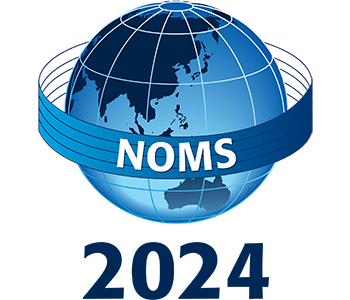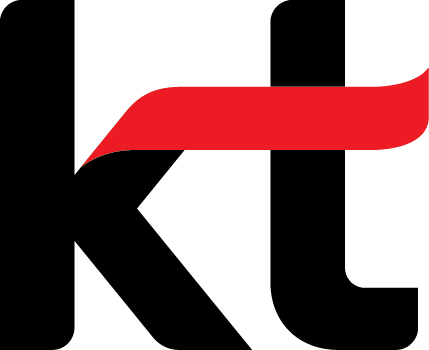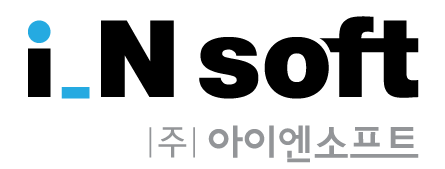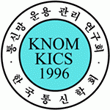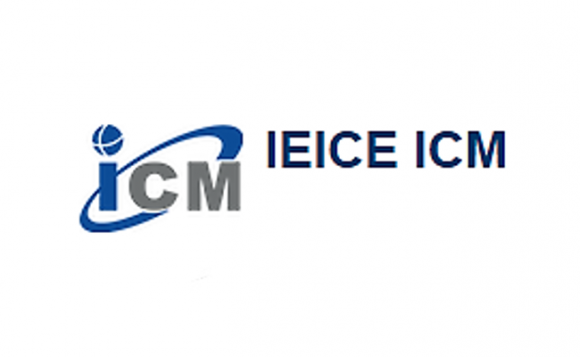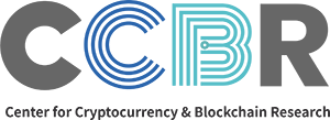Call 4 Data Papers (CFDP)
The 1st IEEE/IFIP Workshop on Quality of Data in Network Telemetry (QoDaNeT 2024) accepts data papers (i.e., a paper describing a dataset) for network management with a focus on data quality, and it takes the form of a contest for the "IEEE NOMS Data Award". The workshop is co-located with the 2024 IEEE/IFIP Network Operations and Management Symposium (NOMS 2024), and will be held during May 6-10, 2024 in Seoul, Korea.
Website: https://codas.ugr.es/qodanet2024
Autonomous or self-driving networks are expected to provide a solution to the myriad of extremely demanding new applications in the Future Internet. The key to handle complexity is to perform tasks like network optimization and failure recovery with minimal human supervision. For this purpose, the community relies on the development of new Machine Learning (ML) models and Artificial Intelligence (AI) techniques. However, ML/AI can only be as good as the data it is trained with. Datasets provided to the community as benchmarks for research purposes, which have a relevant impact in research findings and directions, are assumed to be of good quality by default, but often they are not.
In the context of autonomous networks, assuring the quality of the data gathered by the network telemetry framework (RFC 9232) is a major need. Autonomous networks require an autonomous data generation mechanism, and this should ensure that high quality data is produced. As a result, data quality assessment must be embedded in the automatic generation of data, which calls for new approaches to assess data quality and to produce data that maximizes quality (data-quality-
by-design). As for today, data is produced in a fashion that does not need to be optimal for the application the data is collected for. To give some examples, the data to estimate a traffic matrix to, e.g., optimize routing can be gathered with different technologies, but not all of them have the same tradeoff between accuracy and resource consumption, and the choice can affect the result of the optimization. On the other hand, a dataset for anomaly detection and diagnosis/troubleshooting often needs to be labelled, and inaccuracies in this labelling can dramatically impact the performance of AI for anomaly detection.
The workshop calls for data papers with the following features:
- The paper needs to explain the data, including the application for which the data can be useful. Datasets are expected to become benchmarks in the context of a specific problem, so this point is important.
- The data should be reusable and made available for the community. The paper should detail the architecture employed to capture the data and the corresponding measurement process utilized. The details must allow for the replication of the environment to produce future datasets. Data reproducibility studies of previous benchmarks are also encouraged.
- If the data contains sensible information, they should have gone through a process of anonymization following state-of-the-art measures, which should be explained in the paper.
- Analysis results (exploring data distribution or using the data for network management) are welcome and should also be reproducible. Authors are encouraged to publish their code in a free repository.
- The paper should contribute imaginative proposals for data quality assessment. Data quality is a very transversal topic and depending on the application the data is used for, the assessment may be done in a different way.
The workshop accepts long and short papers (with 6 and 4 pages, respectively, excluding references). Long papers are expected to address all the bullet points above. The “IEEE NOMS Data Award” will be awarded to the long paper which contribution is deemed the most valuable in terms of the data itself, its quality assessment and the relevance of the management application. Replication papers based on already available public data sets are also in the scope of the workshop but will not be eligible for the "IEEE NOMS Data Award".
Important dates:
• Workshop Paper Submission: 2 Feb. 2024 (Extended)
• Acceptance Notification: 1 March 2024
• Final Camera Ready: 15 March 2024
Submission site: https://jems3.sbc.org.br/noms_qodanet2024
Workshop co-chairs:
• José Camacho (Universidad de Granada, Spain)
• Rafael A. Rodríguez-Gómez (Universidad de Granada, Spain)
Technical Program Committee (TPC):
• Jérôme Francois (INRIA Nancy - Grand Est, France)
• Laurent Ciavaglia (Nokia, France)
• Parisa Foroughi (Nokia, France)
• Alexander Clemm (Futurwei, USA)
• Thomas Graf (Swisscom, Switzerland)
• Ignacio Dominguez Martinez-Casanueva (Telefónica, Spain)
• Dominik Soukup (Czech Technical University, Czech Republic)
• Katarzyna Wasielewska (Universidad de Granada, Spain)
• Grégory Blanc (Télécom SudParis, Institut Polytechnique de Paris, France)
• Ramin Sadre (UC Louvain, Belgium)
• Tomáš Čejka (Czech Technical University, CESNET, Czech Republic)
• Antonio Mora (Universidad de Granada, Spain)
• Orlando Martínez (IMDEA, Spain)
• Giovane Moura (SIDN Labs, The Netherlands)
• Jiafeng Zhu (Huawei, China)
Program
Date: 10th, May
Room: Acacia
| 9:00 – 9:15 | Welcome to ANMS + QoDaNet + TNT | |
|---|---|---|
| 9:15 – 12:30 | Technical Session 1 - ANMS Technical Session 2 - TNT |
|
| 12:30 – 14:00 | Lunch Time | |
| 14:00 – 14:45 Technical Session3 - QoDaNet | ||
| 14:00 – 14:45 | Peaking Beyond the Best Route: An Extensive Dataset for Looking Glasses. | Pascal Hennen, Poornima Mani, Anja Feldmann |
| Analysis of Statistical Distribution Changes of Input Features in Network Traffic Classification Domain | Lukas Jancicka, Dominik Soukup, Josef Koumar, Tomas Cejka | |
| 14:45 – 15:30 | Demo Session poster-like or demo-like presentations and zoom in practical work and implementation | |
| 15:30 – 16:00 | Coffee break | |
| 16:00 – 16:45 | Panel Session “Trends in Autonomous Networks Management + Network Digital Twins + Data | |
| 16:45 – 17:15 | Q&A/ Discussion | |
| 17:15 – | Best Paper Award and Closing Remarks | |
